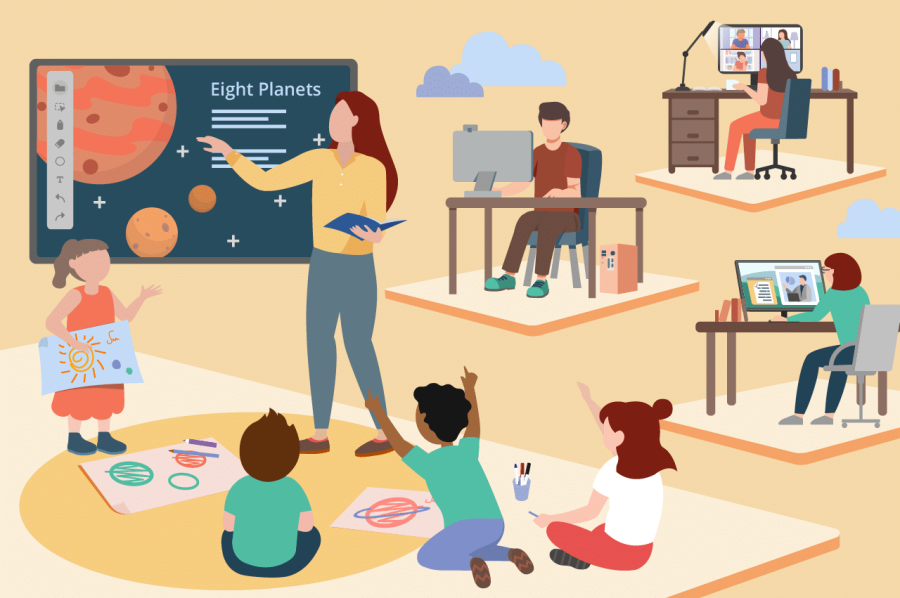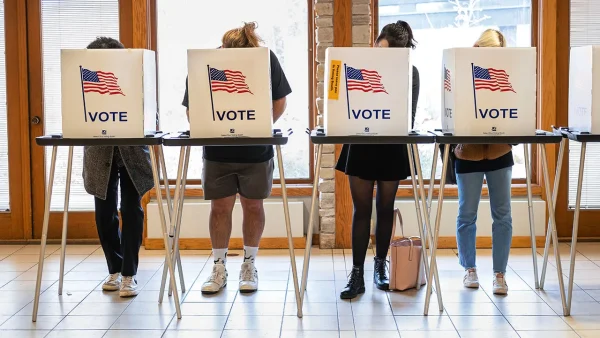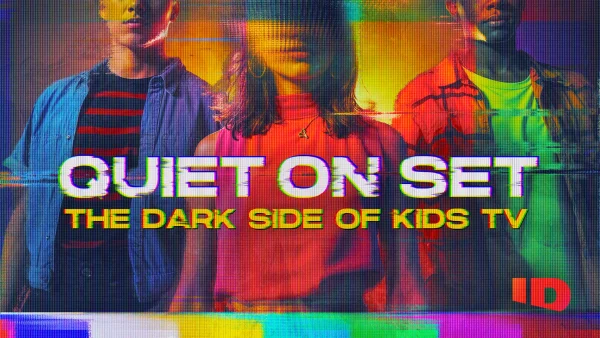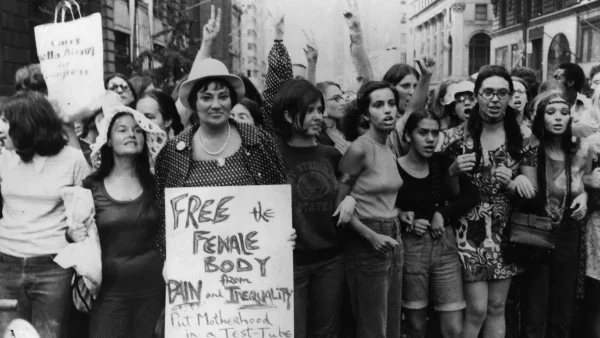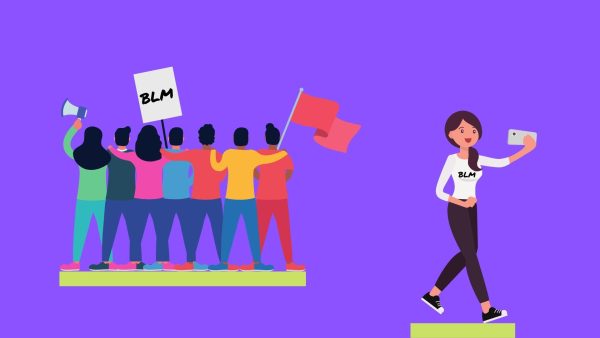OP/ED: The Arguments Surrounding a Child’s Education on Modern Issues
A child’s education is inarguably a sacred part of their development as individuals. So, why is there such a great discourse among parents when it comes to the idea of topics being too serious to the point where they need to be censored?
And like everything now, politics is the central reason for this clash of knowledge that’s taking place within classrooms around the nation.
The issue of conservative and liberal parents arguing about what their K-12 children should be learning at school, especially when it comes to topics like gender identity and slavery, has become a widespread problem, according to a new poll conducted by the Pew Research Center.
Now, I’m not a parent nor am I a K-12 student like the poll analyzes, but this discourse of race, gender, and how to properly teach these sensitive topics has become a complicated riddle that is on my mind, and the mind of most Americans.
Especially in the last five years, when we have witnessed many demands for societal change.
I will always be on the side that fights for future generations to get the proper knowledge they need to ensure we continue to grow as a society and not be stagnant in our beliefs and behavior.
Many have failed to realize how dangerous it is for a parent to willingly allow their children to live ignorant of the gray, complicated world around them.
Your job as a parent is not to indoctrinate your children into your political ideology, it’s to teach and guide them. If you shelter them to ensure they have the same beliefs as you, you are doing them a great disservice.
Discussions about slavery aren’t supposed to be comfortable, they’re supposed to be informational.
I see no issue why if what children are learning is age-appropriate, why these conversations that reflect the world outside of the classroom should not occur. However, not everyone is as open to talking about this as I am.
This topic has reached the point where some even consider it too controversial to discuss openly. On several occasions, I reached out to experts and potential subjects to get inside their heads to further understand this issue.
And every time I was left to realize all my emails were being ignored.
I cannot blame people for not wanting even to touch an issue like this, the argument between Republican and Democrat parents has reached new never-before-seen heights.
The Pew poll, titled “Parents Differ Sharply by Party Over What Their K-12 Children Should Learn in School,” states that 31 percent of parents would “prefer that their children learn that whether someone is a boy or a girl is determined by the sex they were assigned at birth, and the same share say they’d rather their children learn that someone can be a boy or a girl even if that’s different from their sex at birth.”
The poll also goes on to talk about topics like critical race theory and what parents think their children should learn about slavery and how, or if, it relates to the modern day.
Nearly half of the parents wish for their children to learn the true horrors of slavery and how it “still affects the position of Black people in American society today, while a smaller but sizable share (42 percent) would prefer that their children learn that slavery is part of American history but doesn’t affect the position of Black people in American society today.”
I realize I don’t have a true dog in this fight, yet this issue of parents making something as simple as school a political agenda or average talking point infuriates me.
Yet, I always pride myself on not feeding into the deviousness of our current climate and looking at this situation even-handedly.
On social media, like Reddit, thousands have added to this national conversation. One specific subreddit, “Parents should have almost no say in the curriculum at public schools (USA),” painted a nuanced and must-needed perspective.
The original post that started this surprisingly respectable conversation argued that “influence needs to be checked by a strong public education with curricula determined by people educated in their respective fields, not parental whims. Kids deserve, and society benefits from, a public education that promotes critical thinking and challenges held beliefs.”
The Redditor, who goes by the username “Frolki” went on to explain that they see this effort to censor parts of history or water down a public schools curriculum as based on the idea that conservative parents are worried that their generation’s way of life is being challenged and abandoned.
“Being lost and the only way to hang on is to conceal information that might lead to further change.
“[They] fear that their way of life is being lost and the only way to hang on is to conceal information that might lead to further change.”
Another reRedditser made a counterargument to these claims. They argued that parents only wish to ensure their children aren’t being “brainwashed” by political propaganda or any particular government agenda.
They stated “if you didn’t have the input of the communities that can be used to overrule the attempts to teach this kind of blatantly propagandist nonsense then what will? The same ‘experts’ are trying to push these theories to advance their careers or other personal reasons up to and including vendettas.”
This small, overall unimportant, debate between parents online acts as an important microcosm for what is currently going on around the country.
But what I’ve seen is that we cannot ignore, or worse, shun, the parents who want to have a certain level of control over their student’s schooling.
The issue with the society we live in today is that we demonize the ones who disagree with us.
Yes, we should continue striving towards educating students with difficult conversations to continue their proper development, but we should also want to teach the parents.
We should want to open the conversation to conservative parents who don’t want topics like gender identity and slavery’s effects on modern America because when we do, we aren’t only fighting for children to learn about these issues.
We’re ensuring that the adults also become culturally aware. They were in their childhood without having those topics being taught to them, and now we have a chance to change that.
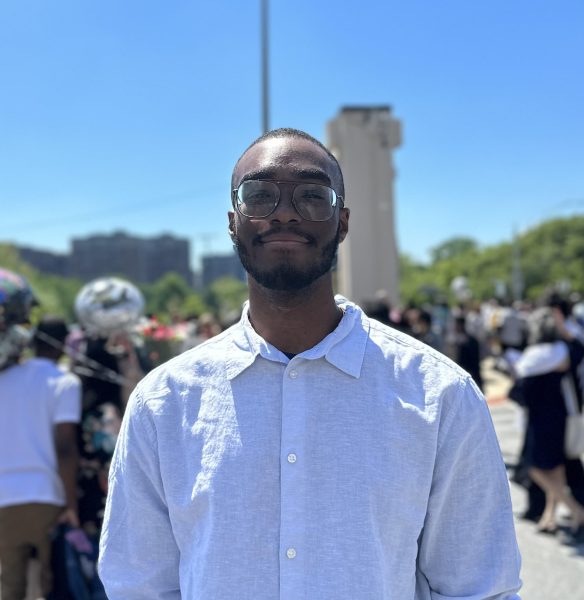
Maleek Munroe is a senior at Mercy College, majoring in communications. He graduated Nyack High School, where he found his love and passion for both...



